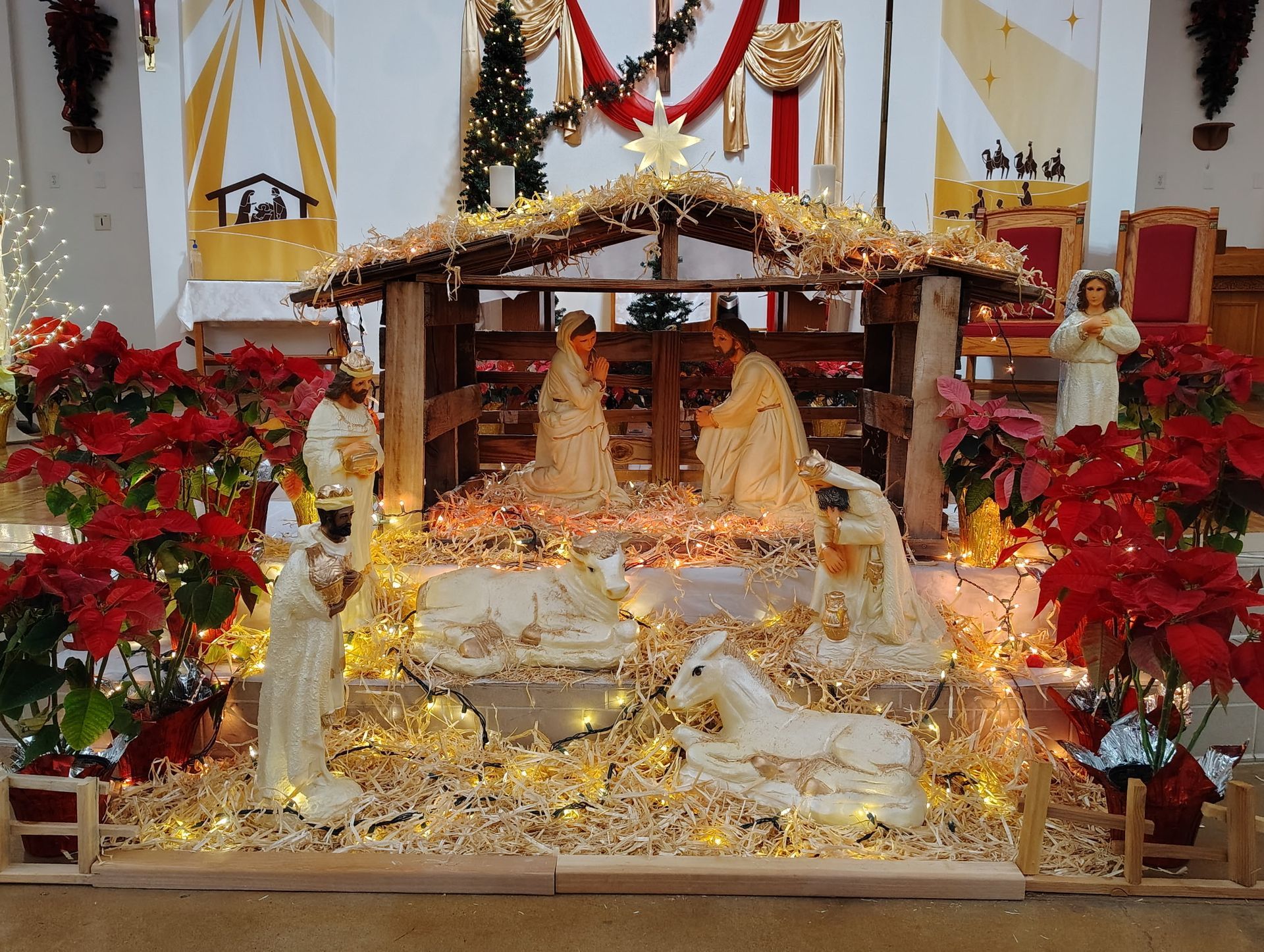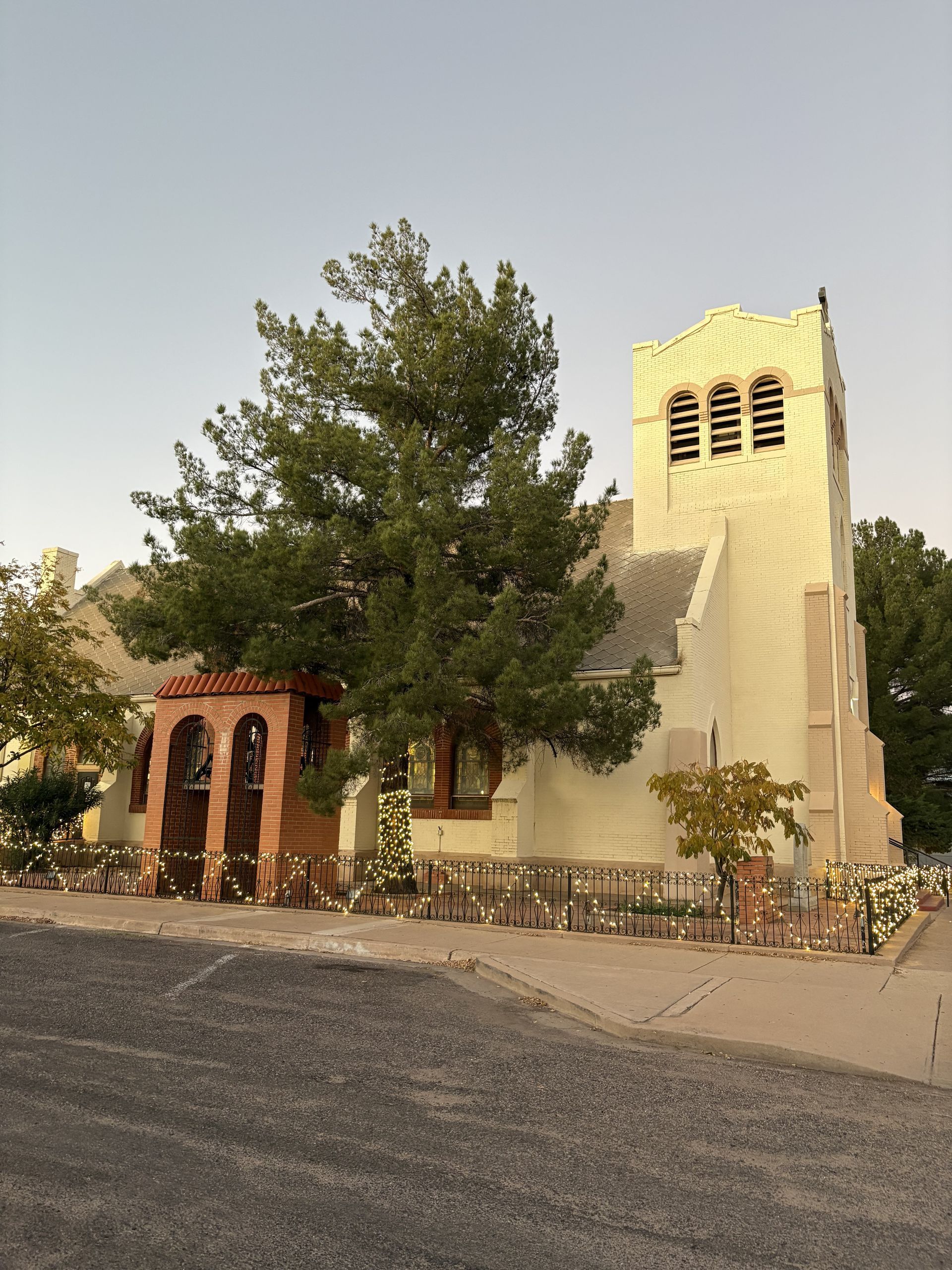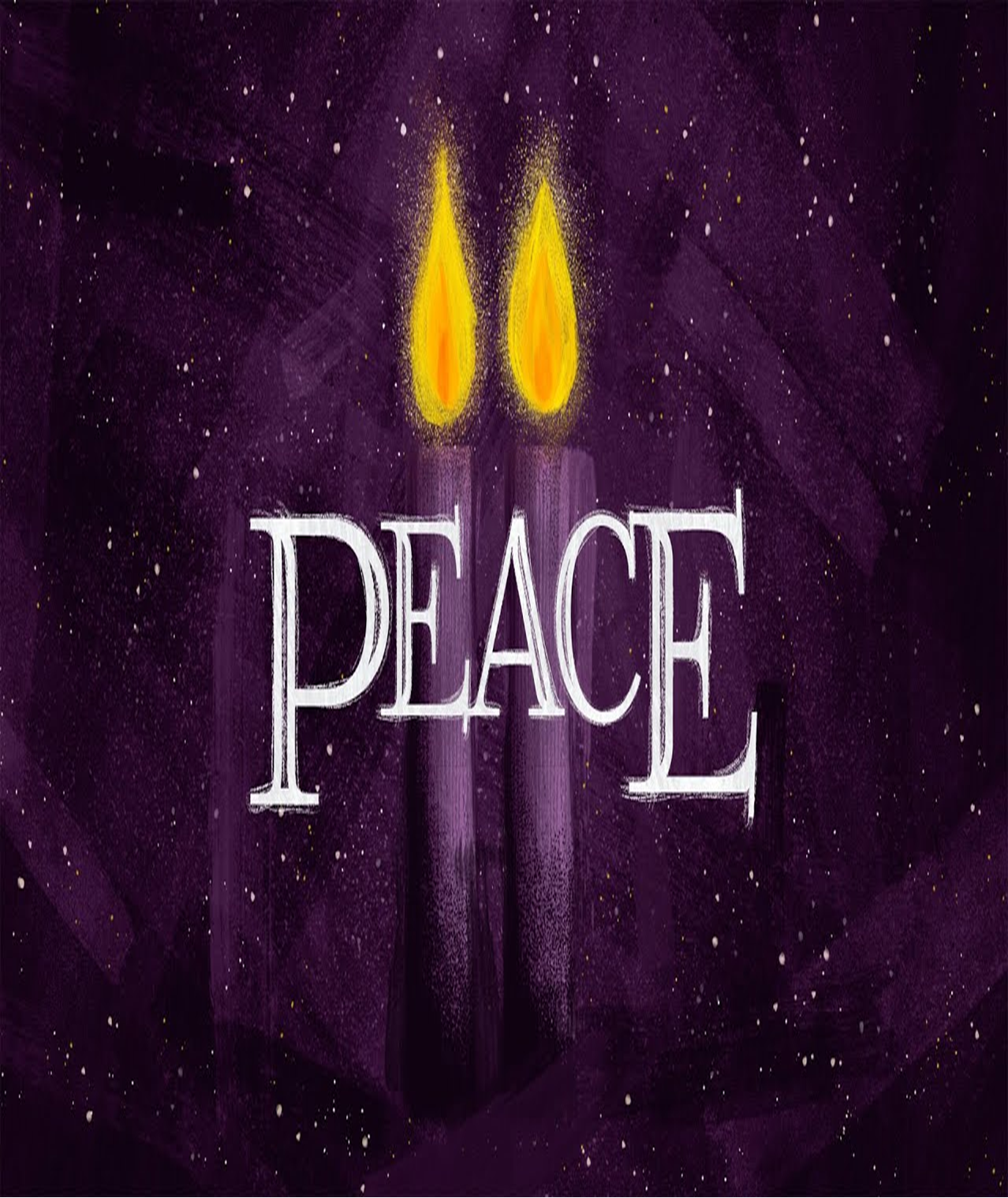Due to the close proximity between the 4th Sunday of Advent and Christmas which looks like a double-header again (but it's not), we hear the announcement of the nature of the birth of Christ.
Micah, in particular, presents a vivid description of the magnitude of the divine promise that the savior will be born from a small and insignificant town called Bethlehem-Ephratha and not in the capital city. I’m not surprised if this prophecy didn’t get much attention back then as this wasn’t the normal expectation. And so, by choosing an unlikely and lowly place that is, Bethlehem (house of bread) and Ephratha (field of fruit) to be the fount of salvation and source of the eternal bread, God surely wants a reversal of world order. What and where is our version of Bethlehem?
The savior will not only spring from a little-known village but will also come from simple, unassuming and ordinary people whose humble beginnings take us back in the ancient of times and in fact, even before time began. He will not come from the royalty nor the power brokers as many thought he was. As he takes the lead, the strength of the Lord will be his guide. Gentleness (and not ruling by the iron fist) will be his pastoral style. The hand of God will be his moral compass. He will not rely solely in his own capacity which can be very tempting to anyone in a leadership position. He will rule in the name of the Lord and not use God and religion to make a name for himself. His decisions will be based on what God has intended for his people so that his greatness will extend across the globe. He will bring peace.
For the two past weeks, we’ve been hearing about the Blessed Mother and John the Baptist. To borrow a secular phrase, their examples have gone viral and been trending for the duration of advent and in fact, beyond. If you wonder why it’s because their lives help us prepare to and for Christ.
In a similar fashion, Luke tells the enormity of the fulfillment of the prophecy through the visit of the blessed Mother to her cousin Elizabeth which in turn is an encounter of two unlikely expectant mothers: one was old (seasoned) and barren while the other young and virgin. Pure and simple, this was divine intervention. We were not fortunate enough to witness this extraordinary event in our time but it happened in human history and the details are unimportant. More than anything else, God has surely visited his people and done wonders to them. Elizabeth called her cousin Blessed and highly favored. In other words, she congratulated her for being chosen as the bearer of our savior. She responded with great astonishment. While not specifically about the announcement of the birth of Jesus, this scenario shows the fulfillment of the prophecy. Blessed are those who believe in the fulfillment of the prophecy, that the word would be fulfilled.
The circumstances surrounding this prophecy melt our hearts, warm our souls, bring tears to our eyes, energize our overly stressed bodies and help us recognize the face of God in the invisible among us. The manifestation of the Son of God in the flesh, the incarnation of God-man took place in the trenches and this Christmas, God wants to meet us there in the face of a homeless pregnant woman, in the evicted family with no roof above their heads and asylum seekers who left home to escape violence and wanted nothing but refuge so that God’s reign and our lives will blossom anew. Amen.



